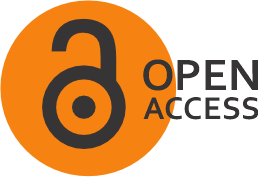Indonesian government budget efficiency, concerns and its impact on the tourism sector: A qualitative study

Published online: 10 Feb 2025
Abstract
Purpose – This study aims to explore the efficiency of the Indonesian government's budget, with a particular focus on its impact on the tourism sector. The research seeks to identify concerns regarding public fund allocation and management, and how these factors affect the growth and development of tourism in Indonesia.
Methodology/Design/Approach – Using a qualitative approach, the study gathers data through interviews and document analysis involving key stakeholders, including government officials, tourism industry leaders, academic scholars and financial experts. Thematic analysis is employed to identify patterns and insights related to budget efficiency and its impact on tourism.
Findings – The study finds that inefficient budget allocation, inadequate infrastructure investment, and poor inter-departmental coordination have hindered the growth potential of the tourism sector. Despite tourism being a key contributor to Indonesia's economy, the lack of targeted financial strategies limits the sector’s ability to capitalize on global trends. Additionally, the research highlights that tourism policies and government priorities often do not align with the sector’s needs, further exacerbating inefficiencies. Key concerns raised by stakeholders include uncertainty in fund allocation, lack of transparency in the budgeting process, the limited budget available for the tourism sector, and the scarcity of resources that could support the sustainable development of the industry.
Originality/value – This study contributes to existing knowledge by examining the relationship between public financial management and the tourism sector in Indonesia, an area that has received limited scholarly attention. It provides unique insights into the real-world challenges of managing government budgets in a way that maximizes the sector's impact.
License
Copyright (c) 2025 The Author(s). Published by Borneo Novelty Publishing

This work is licensed under a Creative Commons Attribution 4.0 International License.
Permission is granted subject to the terms of the License under which the work was published. Permission will be required if your reuse is not covered by the terms of the License.

